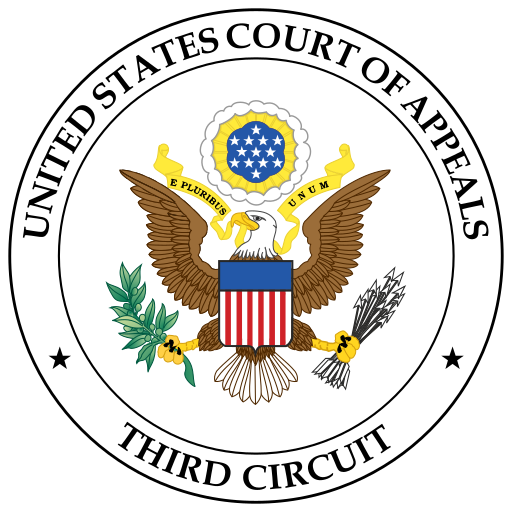Originally published on Forbes.com.
Giant Eagle Inc., a supermarket chain and Number 36 on the Forbes list of America’s Largest Private Companies, has won a victory on appeal in the Third Circuit on the tax treatment of its fuelperks! program. Fuelperks! is one of those slightly convoluted incentive programs that I don’t have the patience for, but some people love.We have something like it in New England, which is more Stop and Shop country and my covivant loves it. The idea is that for every $50 you spend on groceries, you get ten cents a gallon off next time you buy gasoline.
All Events
The tax issue was when Giant Eagle] gets to deduct the gas rebate. Giant Eagle’s position was that it gets to deduct an estimated amount when the groceries are purchased. The IRS argued that regardless of what was done for financial statements, there was no tax deduction based on estimated redemptions after year end. The Tax Court agreed with the IRS. Giant Eagle appealed and after nearly two years has a better answer.
The issue was how the “all events” test applied to a recurring expense. The IRS had conceded that Giant Eagle had met most of the requirements, but as the saying goes almost doesn’t count except in horseshoes and hand grenades.
The Commissioner does not contest that fuelperks! rewards qualify as both “a rebate, refund, or similar payment” and a “recurring expense” subject to the less onerous “economic performance” requirement. Moreover, the Commissioner concedes that Giant Eagle calculated its anticipated fuelperks!-related liability “with reasonable accuracy,” and that economic performance had occurred by the time of Giant Eagle’s tax filing. Thus, the only issue on appeal is whether “the fact of liability” was fixed at year’s end – that is, before the end of the tax year, had Giant Eagle become liable to pay the fuelperks! 10-cent discount to its customers who had purchased qualifying groceries with their Advantage Cards.
The majority of the Third Circuit went with the taxpayer.
By disallowing deductions claimed on the basis of established recurring expenses, the Tax Court effectively obliterated the distinction between two accounting methods expressly authorized by the Tax Code.The extent to which cash and accrual methods of accounting sometimes yield different deductions is a byproduct of the Tax Code’s design. So long as a taxpayer consistently adheres to one accounting method, the Code is agnostic as to the benefit or hardship wrought by his selection.
I think most accountants will like this decision since it is consistent with the way most of us think. There are a lot of rewards and points programs out there and I have to wonder how many of them were taking a more conservative approach. Possibly a batch of accounting method changes with moderately complicated computations are in the offing. Another reason for accountants to like this decision.
Other Coverage
Both Law360 and Nick Patrick’s Current Federal Tax Developments have nice summaries of the decision. Lew Taishoff had covered the original Tax Court decision with his usual wit.
And even though a sufficiently gluttonous frequent eater could accumulate enough points to get a tank of gas for nothing, that still depends upon the price of gas at the time the frequent eater becomes a frequent gasser. So the benefit is not fixed until the additional purchase (even for zero) is made.
The majority of the Third Circuit sees it differently now.
Catching Up
The Giant Eagle decision is two weeks old, a sign that I have fallen behind again. My covivant is also my business partner and astoundingly, she will often ask me whether I’m working or blogging, so there is that. I also have been spending an inordinate amount of time on the Kent Hovind story, which may well become forbes worthy again and I took much more time than the result justified on a piece about the passing of one of the most famous priests of the past century Father Daniel Berrigan.
The interminable IRS scandal (now on Day 1107 by TaxProf count) is heating up again and I am having trouble deciding whether to dip my oar into those troubled waters again. I might not have anything to add, although I am intrigued by a notice I received about a new website called Dark Money Watch. According to a recent release
Along with super PACs, social welfare organizations are an increasingly powerful force in elections as they can raise and spend unlimited amounts of money on ads and other efforts to influence voters. Unlike super PACs, social welfare groups do not have to disclose their donors. Since 1939, the IRS has granted tax-exempt status to 3,867 politically active nonprofits, 2,316 of which were formed in the six years following Citizens United, according to the new MapLight analysis.
Even though I will continue to stubbornly cover things that I think are interesting, I am influenced by reader interest, so please weigh in.































































































